I have a legacy VB5 desktop application which I'm upgrading to VB.Net in Visual Studio 2008. In bulit VBUW in 2008 did the upgrade partially. But still having thousands of errors which needs manual fix. Most of the error is related to a form access controls from another form. Error says "S_CRSMANU' is not a member of 'Form'. cs. Is there any tool that can do this upgrade or what is the manual fix needed.
I tried to create public property for the controls but still not getting rid of error.
